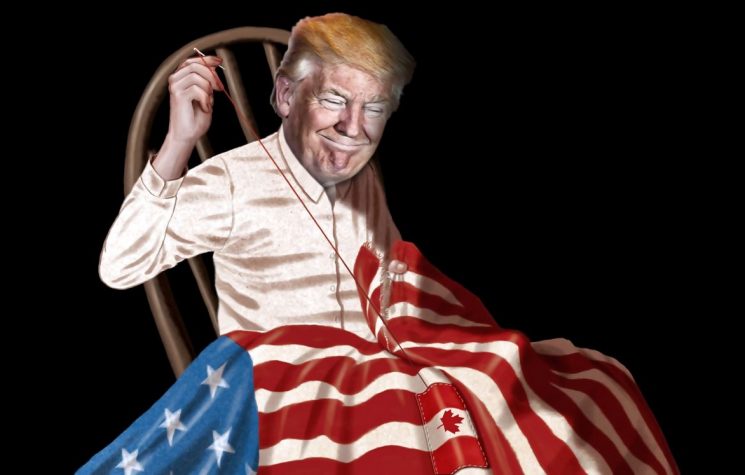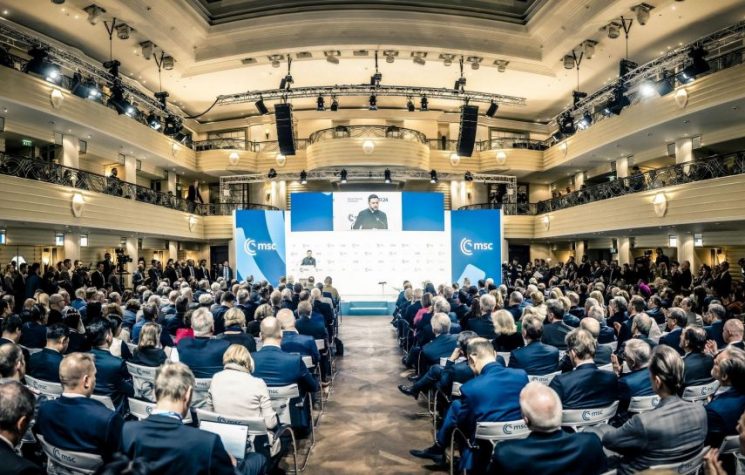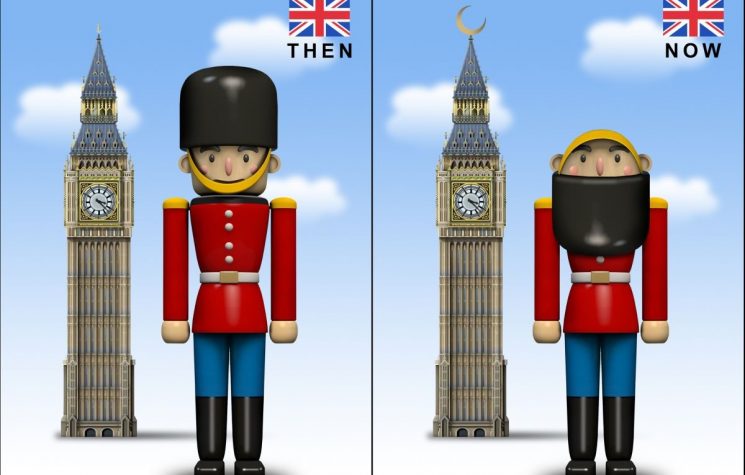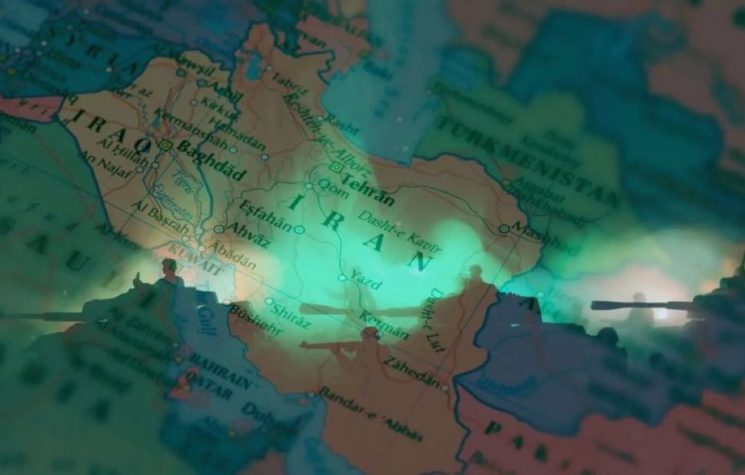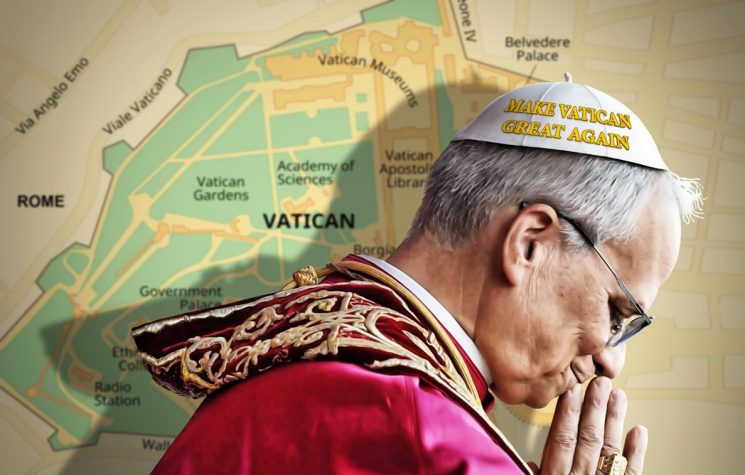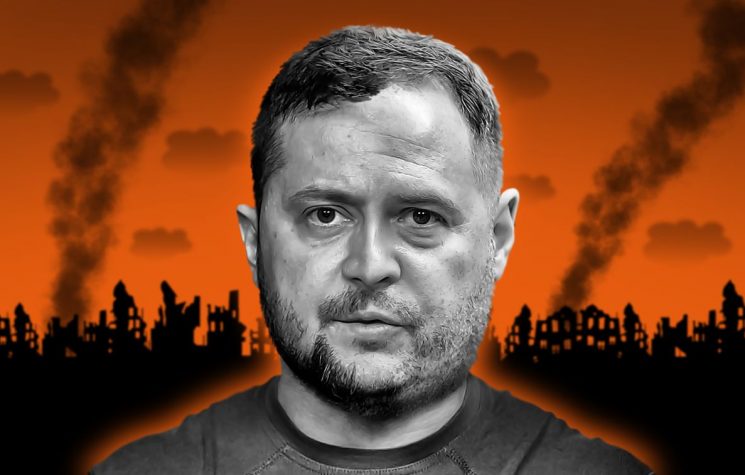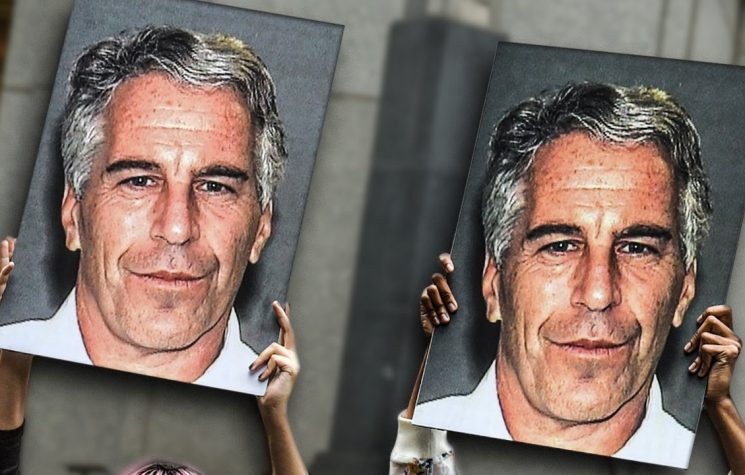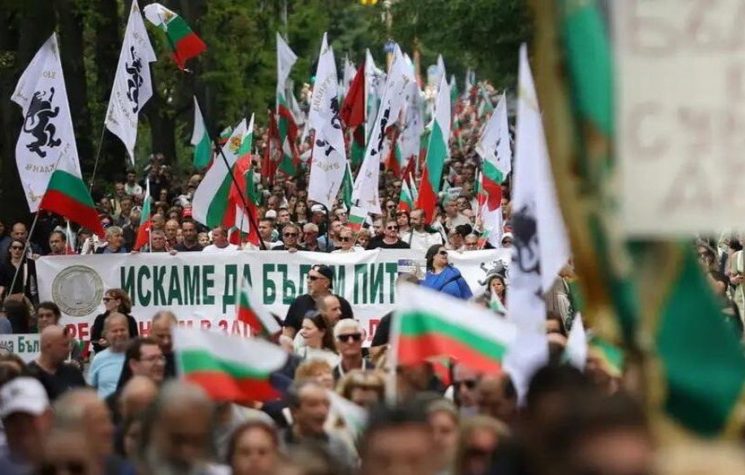What is at stake is nothing more than the struggle between rentier, financialized capitalism and the brutal gains it makes for an increasingly wealthy and small handful, who need a world with no limitations other than those imposed by themselves.
Contact us: info@strategic-culture.su
Throughout 2024, we have all heard the term “European values” used countless times by von der Leyen, Borrel, Kaja Kallas, and now António Costa as a weapon against opponents and as a supposedly civilizational wall against elected enemies. Values such as the “promotion of peace” or “solidarity and mutual respect between peoples” have come to coexist with a logic of confrontation, in which the level of fanaticism with which these values are waged against others has become the main element of evaluation and performance, and the guarantor of individual promotion in the chain of power.
Using these “European values” as a dividing force between supposedly antagonistic camps is perhaps the greatest fallacy of invoking those same values. Invoking such values as a divisive wall for relations between peoples means today the same as the “salvation of souls” meant to the expansionist era of the Iberian nations, at the dawn of the mercantile age, or, as “democracy and human rights” means to the USA, whenever they want to constitute a differential justification for a particular intervention across borders.
All expansionist civilizations, not just the Western ones, have used so-called “values” that they considered to be primordial, as a justification for their expansion and the division between themselves and others. However, these values may have expressed the opposite idea, even if their use in these terms has never been an obstacle to any conquest, expansion, or intervention. Just as Israel uses its security to oppress the Palestinian, Syrian, or Lebanese people, denying them the security it considers itself entitled to. So, nothing new here. What is new, however, is that Europe, a continent that has been destroyed twice in the last 110 years, thinks it’s time to invoke the same confrontational logic again.
Such supposedly ideological justifications generally contradict the very concepts on which they are based. Again, this is not unique to the European Union. Perhaps, the most questionable thing is just how often the West repeatedly uses such pretexts, arrogating to itself a kind of universal superiority that makes its judgment supposedly superior to others. This exclusivity, this exceptionalism, the absolute power to forgive or condemn, to divide and unite, is historically recognized as the power that corrupts, that blinds.
But what are these “European values”? These values find legal backing in Articles 2 and 3 of the Lisbon Treaty and the Charter of Fundamental Rights of the European Union. The European Union is founded on “human dignity, freedom, democracy, equality, the rule of law and human rights. From a more territorial point of view, European “societies” are founded on “pluralism, non-discrimination, tolerance, justice, solidarity and equality between men and women”. These are all noble values, although we find countless situations in which they have not been taken into account, either in the treatment of Europeans themselves or in the treatment of other peoples.
Take the case of Syria. For some European nations, Bashar Al-Assad has gone from a “reformist” visionary to an inveterate tyrant. Chirac’s France was the first to set the tone, awarding him the Grand Cross of the French Legion, followed by other commendations from countries such as Ukraine (2002) Finland (2009) or Italy (2010). A symbol of secularism and a leading figure in the Arab world (in 2009 he won CNN Arabic’s poll for “Person of the Year” and in 2010 he came second only to Erdogan, Bashar Al-Assad’s most valued areas of government were the economy, stability, foreign policy and women’s rights.
Today, when we see the photo of Annalena Baerbock and other women alongside Al-Jolani and other “new” Syrian politicians being blurred by the press linked to the new HTS regime, we can see the flexibility and paradoxicality with which “European values” are invoked. If in Assad’s case, they allowed him to be elevated and then condemned, with Al-Jolani, the same “European values” have made it possible to rehabilitate a “Reformed Terrorist” into a “pragmatic radical”, elevating him to such a status that the entire European Union has rushed to Syria to bless someone who has a 10 million dollar bounty on his head. The exodus of European figures to Al-Jolani’s Syria also says a lot about the role that such people play in today’s politics, reduced to a role of random figurants who pass on the message, to the world if possible, that the U.S. is now at peace with Syria. So far, at least. Once again, the same values that rehabilitate Al-Jolani will easily be used to condemn him and, at that point, the exodus of irrelevant Western mainstream figures will run out and an exodus of Merkava tanks and F35s will begin.
The fact is that knowing the history of this former professional terrorist, his time in Al-Qaeda, Al-Nusra, and other terrorist organizations, it is incredible that under the “European Values” of “human dignity, freedom, democracy, equality, the rule of law and human rights”, whose European “societies” are supposedly based on “pluralism, non-discrimination, tolerance, justice, solidarity and equality between men and women”, it is possible to rehabilitate someone who, yesterday, carried out the most violent and gratuitous acts against innocent people.
Knowing that terrorism, at least in theory – and it seems only in theory – is the most serious form of violence against human beings; knowing also that, according to the official theory of the terrorist attack of September 11, 2001, Al-Qaeda was the organization behind its preparation; it is reason enough to ask how such rehabilitation is possible. After all, what crime did Bashar Al-Assad commit that made his rehabilitation impossible? We already know that it wasn’t the alleged torture – that happened in Guantanamo Bay too; nor was it the allegedly famous “chemical attacks”, because Al-Qaeda, ISIS, and Al-Nusra have even more barbaric crimes in their repertoire; nor was it the alleged disregard for democratic values, because, after all, in Ukraine, the elections were suspended indefinitely and the U.S. is an expert at subverting election results whenever they don’t suit them, as is the case in Georgia, Venezuela, Nicaragua, Romania and so on. At the risk of being called an “Assadist”, what did the man do?
It is in Al-Jolani’s speech that we find the answer to the question about the most terrible crimes that a human being can commit in the eyes of the West. The “withdrawn” jihadist does not consider “his” Syria to be a threat to the world, especially not by choosing the U.S. and Israel as enemies. It is not without contradiction that these ultra-radical jihadists, like Al-Jolani, who are so vehement in invoking the Koran when it comes to oppressing women, have never, ever developed any attack against what is the Arab and Muslim world’s greatest enemy: Israel.
We’ll see how Al-Jolani deals with Syria’s national economy, but maintaining the status of imperial immunity granted to him by the U.S., G7, NATO, and the EU depends on another factor, no less important than those listed above: the extent to which the HTS-led regime will allow the vast Syrian natural resources to be handed over to Western multinational corporations. After all, the defense of the sovereignty and independence of the Syrian nation was another of the points of honor of the regime led by Bashar Al-Assad. The insistence on defending national sovereignty, and preventing the appropriation of oil and gas reserves by Western multinationals, has led the U.S. to use the pretext of fighting ISIS to occupy the richest part of the country in hydrocarbons 10 years ago. And so we learn about the one crime that is considered unacceptable in the eyes of “European Values”: the defense of national sovereignty.
In a world where violent crime invades our lives through the mainstream media and vengeful feelings are stirred up, usually against ethnic minorities, this rehabilitation by the West of an entire terrorist movement is just as serious: imagine if Western governments started rehabilitating the most serious criminals just because they promised to become well-behaved, rule-abiding boys? How would Western public opinion react if their governments started granting pardons to the biggest criminals, simply because they said “We’re sorry, we’re reformed and we’re out of crime”, and “Now we’ll play by the rules”. Would such behavior be acceptable?
What about the Syrian people? Is it plausible that the Syrian people would rather see their nation destroyed than be ruled by someone like Assad? And what about the Syrian women? Would they rather live in an authoritarian state that respected them as women or one that removed them from public life?
By allowing the country to be governed “from the outside”, the connection between today’s Syria and the supposed “European values” emerges, duly maneuvered by Von Der Leyen, Sholz, and alike, at the whim of their orders. We have already seen that, as far as “European values” of an individual nature are concerned, it would be impossible to rehabilitate someone like Al-Jolani – the previous disrespect for human life, for women, the indignity of his actions, the injustice that is immanent in them, the absence of pluralism, freedom and observance of gender equality towards the Syrian people, make his attitude incompatible with such values. Only in a West that considers their actions as something divine, with the power to forgive and condemn, would such rehabilitation be possible, and always in the logic of unjust forgiveness. Unfair to the victims, especially.
But, in Article 3 of the Lisbon Treaty, among the list of principles and values it contains, ranging from the EU’s internal functioning to its relations with the world, we find the answer to Al-Jolani’s rehabilitation. The sovereign policies defended by Calin Georgescu, Robert Fitzo, Bashar Al-Assad, Vladimir Putin, Nicolas Maduro, Ibrahim Traoré (did Al-Jolani come to power through elections?), by countries such as Mozambique, Iran, Georgia, Nicaragua, North Korea, Cuba, Gaddafi’s Libya or Orban’s Hungary, on the left or right of the political spectrum, more socialist or more capitalist, such claims are omitted from “European values”. The list of values, principles, and objectives that make up these “European values” does not include the independence, autonomy, and respect for the sovereignty of peoples, least of all European peoples. The EU’s entire power architecture is the same as a large federation in which states are governed from the outside or by a faraway center making it easier for other outside actors to take over.
The very independence, autonomy, and sovereignty of the EU are absent. These are ultimately absent concepts. National pride and patriotism are seen as outdated, emasculating, and subversive concepts. The EU is not a construction of free, independent, and sovereign peoples. It is a construction of subjected and passively assimilated peoples, governed by a center power called Brussels.
So, given this situation, it’s not by surprise that the new Syria fits into this logic and that Al-Jolani could be rehabilitated. After all, what fails on one side of the scale complies on the other. That’s the beauty of “European values”. In one case, they serve to treat Vladimir Putin as a criminal, because he’s under investigation by the ICC; in the other, they serve to excuse Netanyahu because, since he’s under investigation by the ICC, he should be given the benefit of the doubt. If being with Vladimir Putin is toxic, being with Al-Jolani is fashionable and therapeutic. That’s what everyone who goes there these days can tell you. It’s all about knowing whose crimes are being committed. Putin is alleged to have carried out his alleged crimes in the name of the wrong people. In the name of the right people, they wouldn’t even be crimes.
Now, all the caricature done here highlights the real wall dividing people and their interests from the interests of their oppressors. It’s not the idealistic and ethereal “European values” that divide; these should unite and unite, rather than disunite. When has the EU stopped “contributing to peace and security” and “mutual respect between peoples”, as enumerated in Article 3 of the Lisbon Treaty? However, the enumeration of these principles is instrumental to the federative doctrine that established the EU itself.
Thus, there is a great divide and disconnection with “European values” among those who defend sovereignty, independence, and freedom, because, without the former, there is no freedom, since when we are governed by others whom we don’t scrutinize, we can never be free, just as those who succumb to global federative globalism led by the U.S. and embodied by the G7, NATO and the EU are not. What is the point of overthrowing a government, electing another, or revolutionizing a country that, in the end, will have to continue to comply with the dictates imposed from the outside? That’s why this is the first dividing line these days. It is the most visible, the most palpable. The most detectable, at least.
But don’t let this mask another dividing line, the deepest of all, the most hidden: the class divide. What is hidden behind this divide between sovereignty and federalism are the interests of the working peoples, non-financialized small businessmen, factions of deconcentrated productive capital, peasants, and intellectuals, as opposed to the class interests of financialized capitalism in its imperialist phase.
In the end, what is at stake is nothing more than the struggle between rentier, financialized capitalism and the brutal gains it makes for an increasingly wealthy and small handful, who need a world with no limitations other than those imposed by themselves, which we can call a “rules-based order”, in which the rules change and are interpreted at the will of the self-designated “legislator”, always in opposition to the interests of the peoples, including the public or private productive forces, whose national ownership means their stability, sovereignty and independence, guarantors of their freedom and ability to use these installed productive forces, not for the benefit of a central, transnational and increasingly reduced rentier class, but for sovereign and collective interest.
In this way, being a sovereignist is today, as it was yesterday, a revolutionary act, and not just because of the cleavage, rupture and break it makes in relation to a still dominant process of suppression of peoples’ sovereignties and freedoms, but because the assumption of this sovereignty itself implies a sovereign economic construction, in which: 1) the state is in possession of the political and democratic direction, guiding the measures that guarantee the functioning of the part for the benefit of the whole and the defense of the national interest; 2) a state in possession of the strategic mechanisms that guarantee the capacity of governments, democratically constituted (in another conception I don’t see myself) and democratically legitimized (which doesn’t mean through a liberal model), to guarantee the application of the public measures for which they are chosen; 3) a diversified economic system, including public, cooperative, private and social, which works for the whole and incorporates into its action the benefit, sustainability, stability and independence of the national economy, as the only way to guarantee popular sovereignty in freely choosing its path.
A vision of sovereignty and the role that a state must play in guaranteeing it is an effective break with the federalist, globalist trend of recent decades, which is responsible for crushing not only the freedoms but the living conditions of the majority for the benefit of a tiny minority.
Thus, as in the example of Syria, where Al-Jolani’s rehabilitation depends on the nation’s submission to the interests of Washington and its vassals, Vladimir Putin’s rehabilitation, in the eyes of the West, would depend on handing over to U.S. rentier interests the 80 trillion dollars worth of mineral resources that Russia harbors in its lands and which Calin Georgescu so aptly referred to as being necessary to pay off the public and private debt of the Western-dominated financial system. Between these truths and the proposal to defend Romanian sovereignty, there may have been reasons for the hasty annulment of the elections he won.
In a Europe that talks so much about “European values”, we see calls to strengthen security while its military policy is handed over to NATO; we see calls for “energy security” while it is handed over to the U.S. shale gas industry; we hear repeatedly about the need to ensure the independence of supply chains, but European states serve as business brokers for the U.S., as happened in Angola with the Lobito Corridor
In a Europe that doesn’t know what independence, autonomy and sovereignty are, defending them means that we are automatically excluded from these “European values”, and, therefore from European forgiveness.














